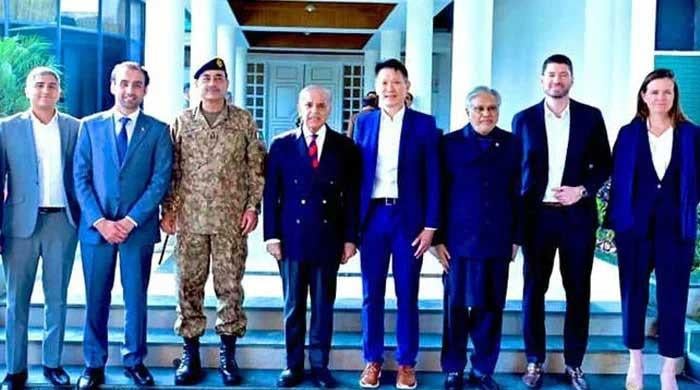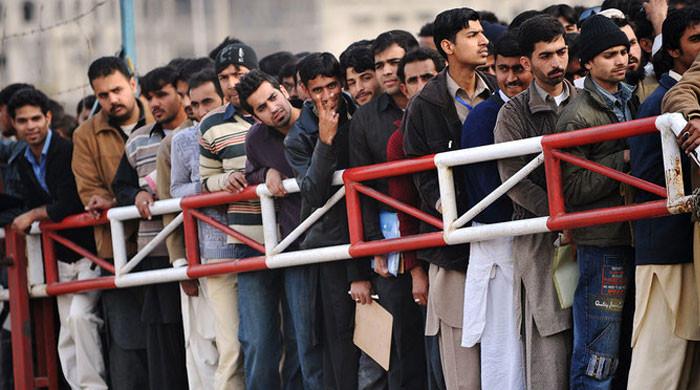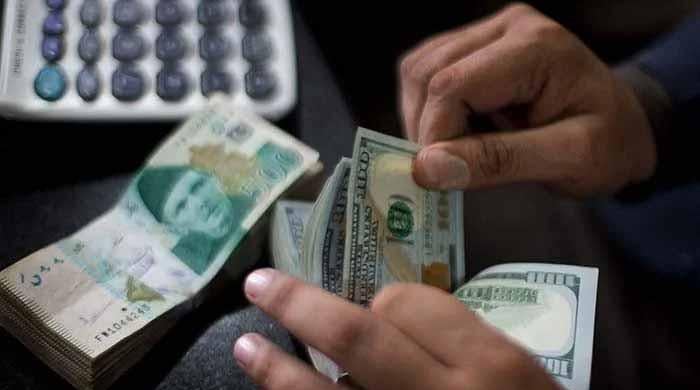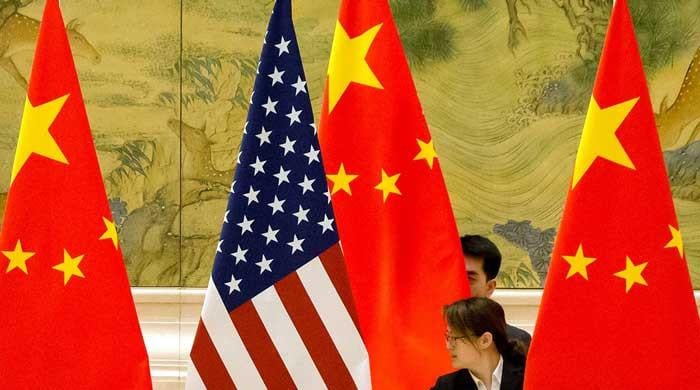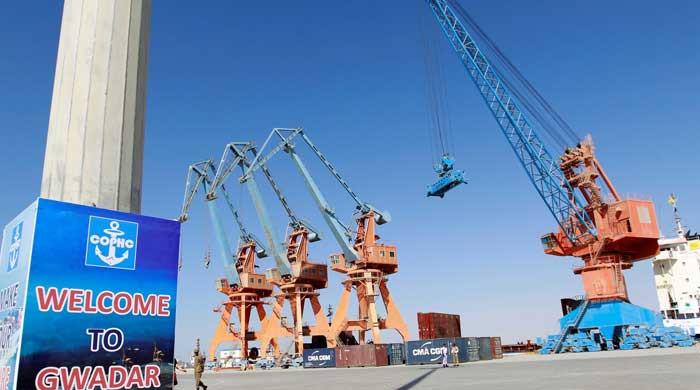What are the prospects for Korean reunification and a peace treaty?
Many people on the Korean peninsula are holding their breath about the peace prospects in their region
January 04, 2022
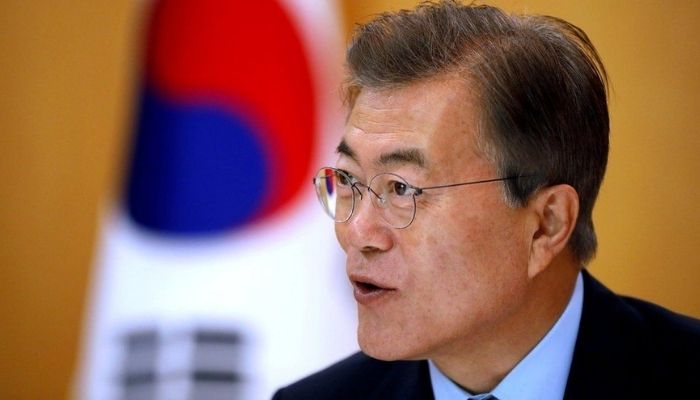
The New Year is welcomed around the world with fanfare and fireworks. And, why, not? It’s a natural tendency to believe that the new dawn will usher in an era of peace and prosperity.
Yet, many people on the Korean peninsula are holding their breath about the peace prospects in their region.
These Koreans are sceptical because of the developments that started taking place in mid-2020 and only grew wildly before 2021 ended. It’s unfortunate that their impact is casting a shadow on the golden opportunities being offered by the year 2022.
The Beijing Winter Olympics, being held next month, is one such moment. It’s unfortunate that the United States of America, followed by Japan, has decided not to send government officials to this grand event.
Had America shown a willingness to participate in the games, Japan would have followed suit. After all, the host of these games, China, is the largest trading partner of Japan. But although it criticised Beijing over its "human rights issues," Tokyo has avoided using the term "diplomatic boycott."
China is the largest trading partner of South Korea as well.
China imported Korean shipments worth $132.6 billion in 2020, according to World Exports (25.8% of total South Korean exports). Among many others, this is one of the reasons why the Republic of Korea is obliged to participate in these Olympics.
Yet, by attending the games, South Korea is walking on a tightrope.
On one hand, Seoul cannot draw ire from Washington- the security guarantor that has stationed around 30,000 American troops in 83 bases around the country. At the same time, it needs to strengthen ties with the economic superpower, Beijing.
South Korean President Moon Jae-in knows that maintaining this balancing act may rekindle hopes for peace in the peninsula.
Back in 2018, this visionary leader had successfully transformed the PyeongChang Winter Olympics into the "Peace Olympics". Moon used the opportunity to arrange bilateral peace talks between North Korea and the United States of America.
Those talks were one of my world exclusives for Geo News. The story was followed by an article in our sister organization, The News, "A Medal for Diplomacy,", where I also mentioned the risks Moon Jae-In faced in pursuance of peace.
Yet, President Moon surprised the world by moving on and holding three summits with the North Korean Supreme Leader, Kim Jong Un. Not only that, he miraculously arranged the first-ever US-North Korea summit.
But it was sheer luck that brought Moon Jae-in and Donald Trump to the world stage, at that moment. Both presidents shared a similar approach to the Korean issue, yet failed due to the sharp response from their hawkish circles.
Moon’s five-year term ends in May. With a heavy heart, the outgoing president is witnessing the death of that peace move.
The ruling Democratic Party’s presidential candidate is Lee Jae-myung. Like Moon, he is also pitching for peace but is more realistic. Lee knows well that, in contrast to Trump’s top-down approach, Joe Biden will enforce a bottom-up strategy.
Those who have followed the now-stalled Indo-Pak dialogues know well that bottom-up is a delaying tactic to achieve some other policy objectives.
But if the opposition candidate Yoon Suk Yeol wins on March 9, then one must expect an even more hardline policy on North Korea.
Till now, such tough policies have only hardened Kim Jong-Un’s resolve to test ballistic missiles and take other provocative steps. This hostile environment is also giving him an excuse to convince North Koreans that he is their saviour.
On the diplomatic front, the one step forward and two steps backward approach has disillusioned Koreans who had once enjoyed living side by side as family and friends. They still cradle the dreams that were shattered by the 1950-53 Korean War.
These divided families, on both sides of the border, are longing for a peace treaty and reunification.
Last year, these senior citizens had set eyes on Pope Francis who had renewed his interest in visiting the Korean Peninsula. The people of the region had a strong belief that Kim Jong-Un and Moon Jae-in would use that opportunity to announce the peace treaty. However, the ineffective Tump-Kim summit proved to be a stumbling block in the realisation of the first such trip.
As a matter of fact, for the last 70 years, the Koreans have become hostages to their geography and international politics. Their neighbours include three major powers, Russia, China, and Japan. On top of that, the United States of America flexes its military muscles in the region.
Will they ever be able to reunify Korea like the Germans did, by breaking the Berlin Wall?
Realistically, it is impossible, as young Koreans have forgotten the past. They don’t worry about the golden memories that their parents or grandparents cherish.
Moreover, many circles in Russia and China think that this reunification is going to be aimed at neutralising threats emanating from their strong allies, North Korea, to the United States of America? So, here hope must give in to logic.
With all that in mind, is there any chance for a peace treaty?
Well, the answer lies in an intense dialogue and diplomacy among the United States of America, Russia, China, Japan, South Korea and North Korea.
Till that intense diplomacy starts, the Koreans will prefer to remain realistic.




